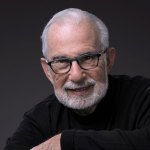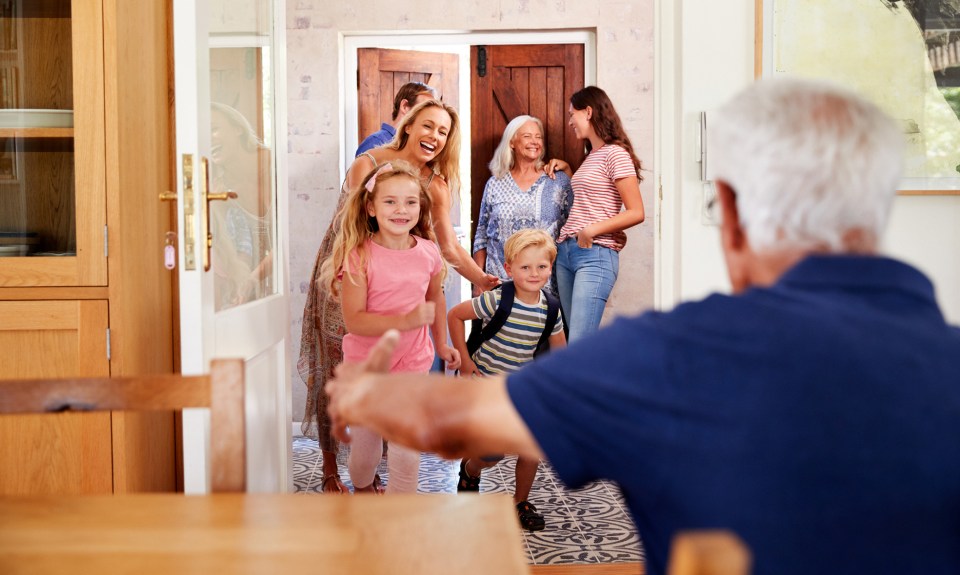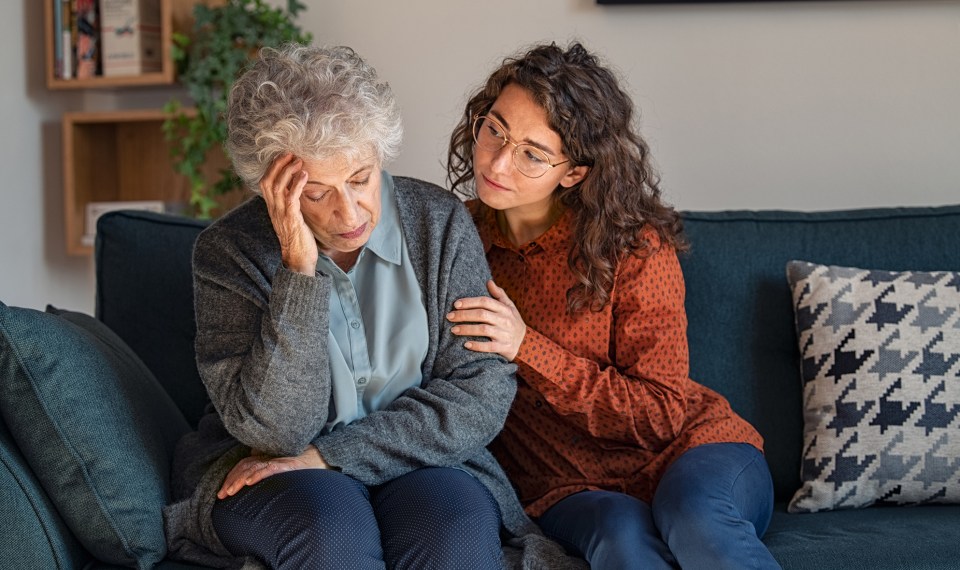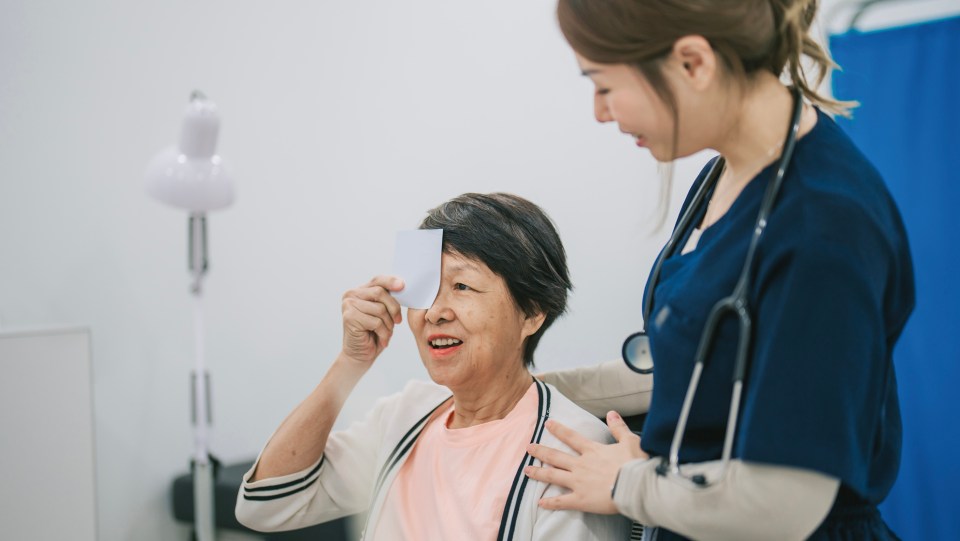Judy Garland played Dorothy in the 1939 version of the “Wizard of Oz.” She famously clicked the heels of her red shoes together and wished to return home to Kansas, her own bed and her Auntie Em and Uncle Henry. “There is No Place Like Home” appears in numerous songs, places and books. Researchers study “homesickness,” its causes and how to deal with it. Homesickness is mentioned in both the Old and New Testament, and the Greek physician Hippocrates believed that homesickness was caused by an excess of black bile in the blood.
We all know of the child who goes off to camp or college and is overcome with a desire to return home. However, we are addressing something different here—the ability of a person to return to their home after a serious illness or stroke. In rehabilitation, we know that going back home is one of the most important things that a person thinks about after a stroke or serious illness.
“The ache for home lives in all of us. The safe place where we can go as we are and not be questioned.”
Maya Angelou
It’s a Fact
It is a fact that people who go to an inpatient rehabilitation hospital as opposed to a skilled nursing facility not only have better functional outcomes, but they also are much more likely to be discharged to their homes. If only they could click their heels and get there, but rehabilitation is challenging work. It takes the intensive therapy of an inpatient rehabilitation hospital to markedly improve the chances of someone going home. One study showed that you are three times more likely to be discharged home after going to an inpatient rehabilitation hospital after a stroke than if your therapy is done at a Skilled Nursing facility. The American Heart Association and the American Stroke Association issued a formal guideline that stroke patients should go to an inpatient rehabilitation hospital as opposed to a skilled nursing facility (SNF). The patients have both better outcomes and are more likely to return home.
Why is Being Home So Important?
You can travel the world and stay at the finest hotels, but there is truly “no place like home.” It is interesting that people with dementia frequently repeat, “I want to go home.” Home is special. Now, you or your loved one has had a stroke, and you want to get home. What makes home so comfortable?
- You get to wear your own clothes. Not just the ones your family brought to the hospital, but anything you want from your closet.
- You get to do what you want to do and make up a timetable that works for you.
- Within your diet restrictions, you get to eat what you want.
- Your favorite pillow and bed await you.
- There are the photos of your family on the walls and in frames on tables throughout your home.
- Who is happier to see each other? You or your pet?
- Your friends can visit and hugs never felt better.
- Home is a safe place that you know so well.
Stroke Rehabilitation
Learn more about recovery after stroke and how Encompass Health rehabilitation can help get you back to what matters most.
Learn MoreGetting Ready to Go Home
Being home will have its own challenges and there are numerous articles on getting one’s home ready and particularly “fall proofing” it. My intent is to show the importance of getting home. Here are some suggestions to help you get your home ready.
- Is your home safe?
- Make up a new schedule. Get dressed in comfortable clothes every day.
- Arrange all your follow-up appointments before you leave the hospital
- Get your prescriptions filled before you are discharged from the hospital.
- Do you have all the supplies you will need?
- Who do you call in an emergency?
There will be setbacks. We know that people do better and are happier at home. If you are a healthcare professional, you must be an advocate for your patient. Patient’s and families must insist on getting home.
The content of this site is for informational purposes only and should not be taken as professional medical advice. Always seek the advice of your physician or other qualified healthcare provider with any questions you may have regarding any medical conditions or treatments.




